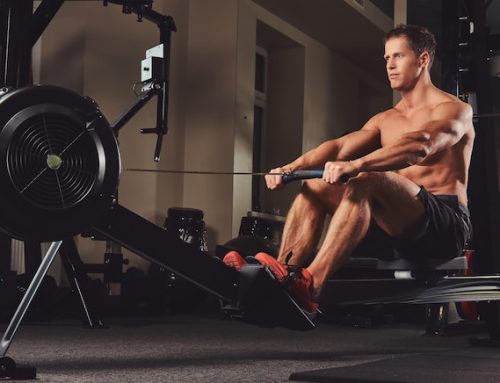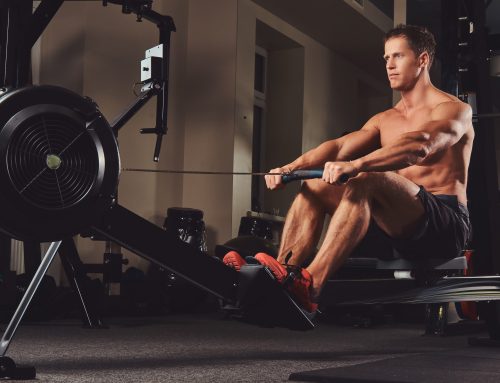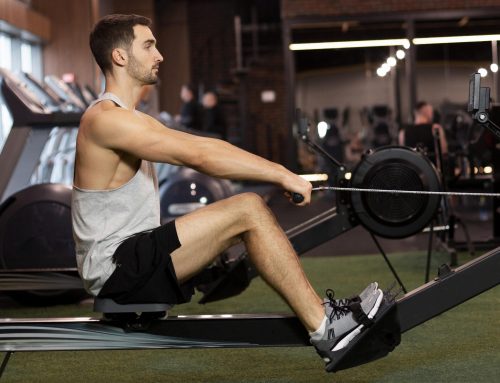Do rowers drink alcohol?
Rowing is an intense and physically demanding sport that requires focus, discipline, and dedication. Athletes who participate in rowing have to maintain a strict training regimen to achieve peak performance. One question that often arises regarding the lifestyle of rowers is whether they consume alcohol.
The effects of alcohol on athletic performance
Alcohol is known to have detrimental effects on athletic performance. It not only impairs motor skills and reaction time, but it also reduces endurance and strength. It can also lead to dehydration, which can affect the athlete’s ability to perform. Here’s a table summarizing the effects of alcohol on athletic performance:
| Effects of Alcohol on Athletic Performance |
|---|
| Dehydration: Increases urine production, leading to dehydration and reduced endurance. |
| Impaired Muscle Recovery: Disrupts protein synthesis, delaying muscle repair and growth. |
| Reduced Energy Levels: Alcohol’s empty calories displace nutrient-rich foods, leading to inadequate energy intake. |
| Impaired Coordination and Balance: Affects the central nervous system, leading to decreased coordination, balance, and reaction time. |
| Decreased Endurance and Aerobic Capacity: Hampers oxygen transport and utilization during exercise, reducing endurance. |
| Impaired Cognitive Function: Alcohol affects mental clarity, focus, decision-making, and reaction time. |
| Decreased Strength and Power: Can reduce muscle strength, power output, and explosiveness. |
| Increased Risk of Injury: Impaired coordination, balance, and decision-making can increase the risk of accidents and injuries. |
| Interference with Sleep: Alcohol disrupts sleep patterns, leading to poor rest and recovery. |
However, in general, minimizing alcohol consumption or avoiding it altogether is recommended for athletes to optimize their performance and overall health.
The rowing culture
Rowing is a sport that has a unique culture and tradition. Many rowing teams have a strong camaraderie among teammates, which often extends to social activities outside of training and competition. For some teams, drinking alcohol is a part of this culture, and it is seen as a way to bond and have fun together.
The impact of alcohol on recovery
Alcohol can also impact the athlete’s recovery time after training or competition. Alcohol consumption can interfere with the body’s ability to recover from muscle damage and inflammation. This can lead to delayed recovery and a decreased ability to perform at peak levels.
Professional athletes and alcohol consumption
Professional athletes, including rowers, are often subjected to strict rules and regulations regarding drug and alcohol use. Many sports organizations have a zero-tolerance policy towards alcohol consumption, both during the competitive season and in the off-season. This is to ensure that athletes maintain their focus and dedication to the sport. Professional athletes are generally advised to exercise caution and moderation when it comes to alcohol consumption due to its potential negative effects on performance and overall well-being. While each athlete’s choices may differ, here are some factors to consider regarding professional athletes and alcohol consumption:
- Performance Implications: Professional athletes rely on their physical abilities, mental sharpness, and quick reactions to excel in their respective sports. Alcohol can impair coordination, reaction time, and decision-making skills, which can directly impact performance on the field or court.
- Recovery and Training: Optimal recovery is crucial for professional athletes to maintain their performance levels. Alcohol can interfere with sleep patterns, disrupt muscle recovery processes, and negatively impact the body’s ability to repair and adapt to training stimuli.
- Health and Well-being: Alcohol abuse can have detrimental effects on an athlete’s health and overall well-being. It can lead to liver damage, nutritional deficiencies, weakened immune system, increased risk of injuries, and even addiction issues. Professional athletes often prioritize their physical and mental health to maintain longevity in their careers.
- Role Modeling: Professional athletes are often seen as role models, particularly by young fans who look up to them. Responsible behavior, including responsible alcohol consumption, is important in maintaining a positive image and setting a good example for aspiring athletes and the broader community.
- Team and Sponsorship Expectations: Many professional sports teams and sponsorships have strict policies regarding alcohol consumption. Athletes may be contractually obligated to adhere to certain guidelines and restrictions on drinking to protect their image and the reputation of the team or brand they represent.
Ultimately, professional athletes must make individual choices regarding alcohol consumption based on their specific circumstances, personal goals, and professional obligations. However, it is generally advised that they exercise caution and moderation to maximize their performance potential and overall well-being.
Rowers and moderation
While some rowing teams may have a culture of drinking, it is essential to note that not all rowers participate in alcohol consumption. For many athletes, their focus on the sport and dedication to their training make them less inclined to indulge in alcohol or other substances. Additionally, some athletes might choose to consume alcohol in moderation, being mindful of the impact it can have on their performance.
The importance of balance
For athletes and rowers, balance is crucial. While it is essential to maintain a strict training regimen and focus on the sport, it is also essential to have downtime and social activities that allow for relaxation and bonding with peers. It is possible to enjoy these activities while still maintaining a healthy lifestyle and avoiding excessive alcohol consumption.
Conclusion
In conclusion, while the culture of drinking may be present in some rowing teams, it is not a universal practice among rowers. Alcohol consumption can have detrimental effects on athletic performance, recovery time, and overall health. Athletes who choose to consume alcohol should do so in moderation, being mindful of its impact on their sport and health. As with any sport, balance is essential, and it is possible to enjoy the camaraderie of the team and social activities while still maintaining a dedication to the sport and a healthy lifestyle.






